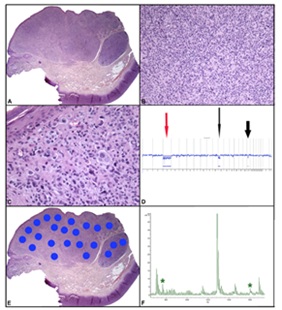
Erwan Rauwel
Tallinn University of Technology, Estonia
Title: Nanomaterial synthesis and study for biomedicine and cancer treatment
Biography
Biography: Erwan Rauwel
Abstract
The past 2 decades have seen the development of new methods for the production of nanoparticles. The main interests in nanoparticles comes from their unique chemical and electronic properties due to their large surface-to-volume ratio and their high potential applications. The advances in synthesis methods have improved thereby giving monodisperse nanoparticles with a good size distribution and shape control during the synthesis. However, the methods of synthesis strongly affect their intrinsic properties and more particularly the surface properties. In particular, the presence of surfactants or organic species on their surface can shield their properties. However, surfactant-free nanoparticles are very sensitive to their environment and more particularly in the human body. In addition, metal nanoparticles like cobalt, copper and nickel produced using conventional methods have pyrophoric properties. So, the encapsulation of nanoparticles into polymer with an extremely low cytotoxicity is usually necessary for the development of biomedical applications.

Biological approaches and green synthesis routes using biological molecules originating from plant extracts have been developed for the synthesis of nanoparticles thus, discarding the use of toxic chemicals. Here, the active molecules of plant extracts are used as active capping agents thereby improving the nanoparticle properties influenced by the plant extracts. The functionalization of the surface for targeted applications has sparked a lot of interest for cancer treatment and the development of biocidal coatings. This talk will highlight some of the advances and will emphasize on current nanomaterials that are presently developed for biomedical applications. Our recent results involving ultrastable metal nanoparticles will also be described.

